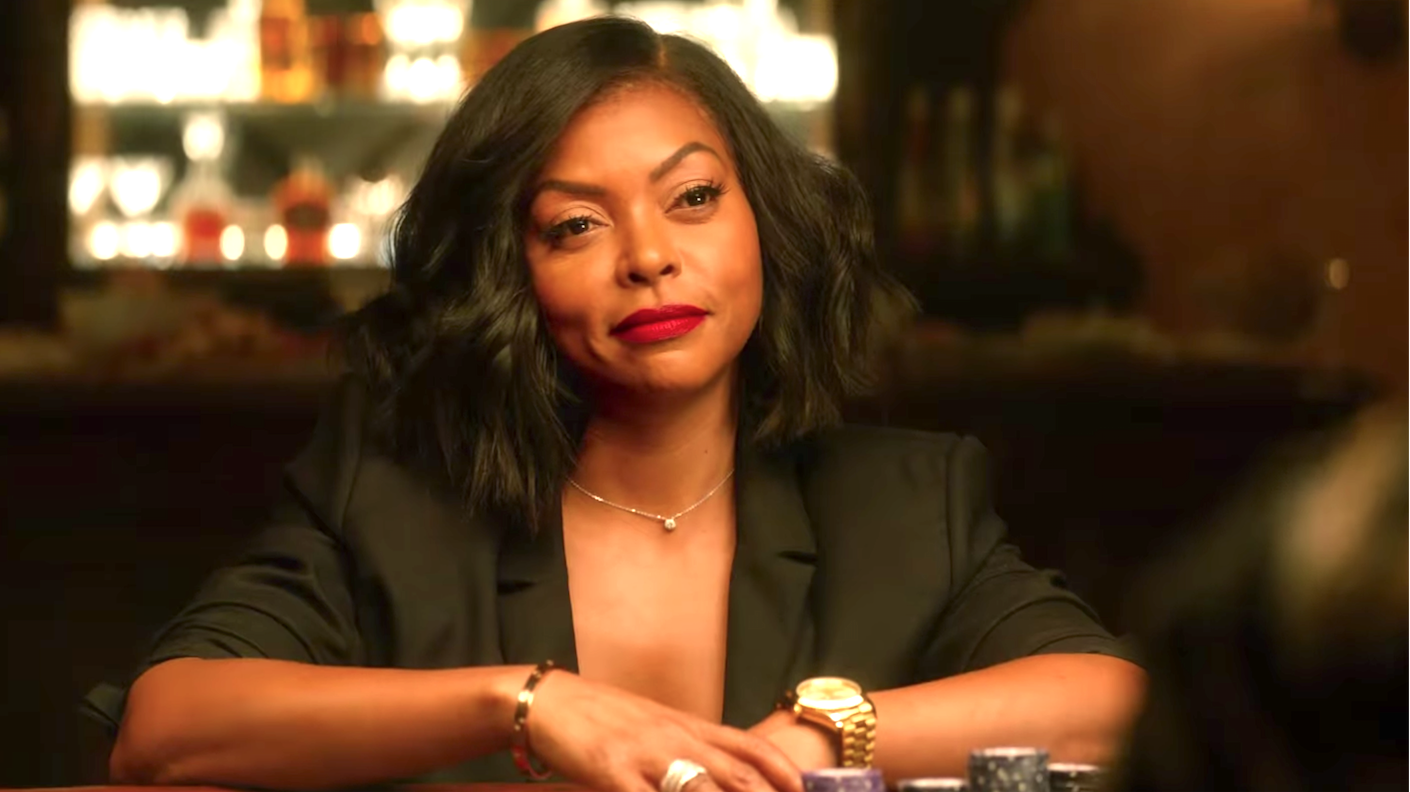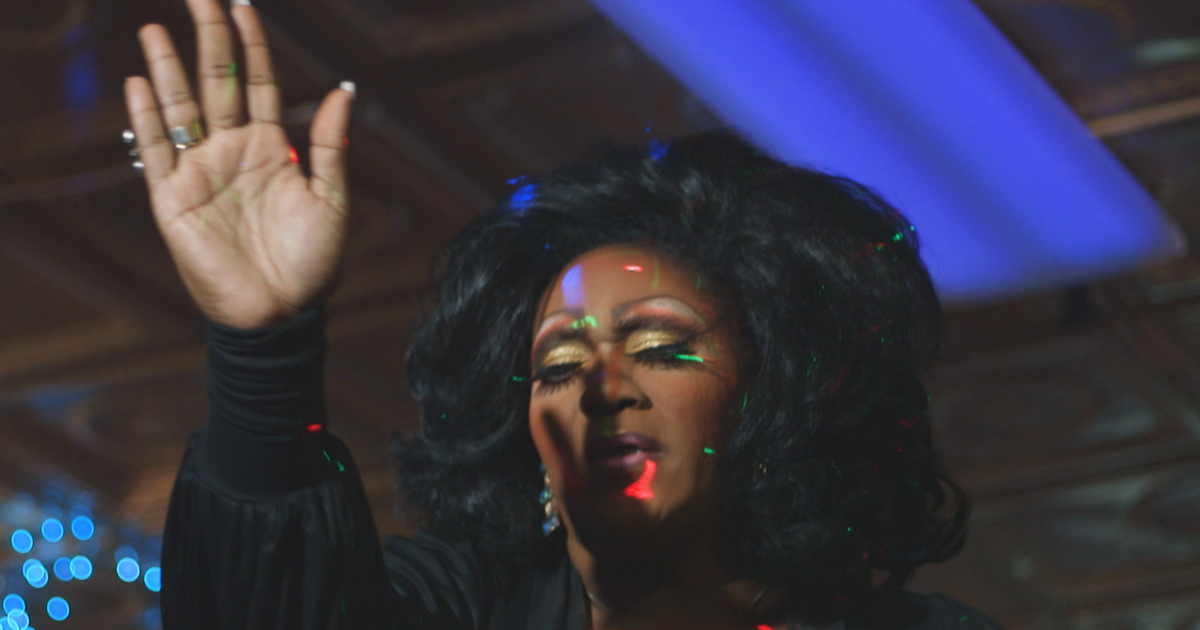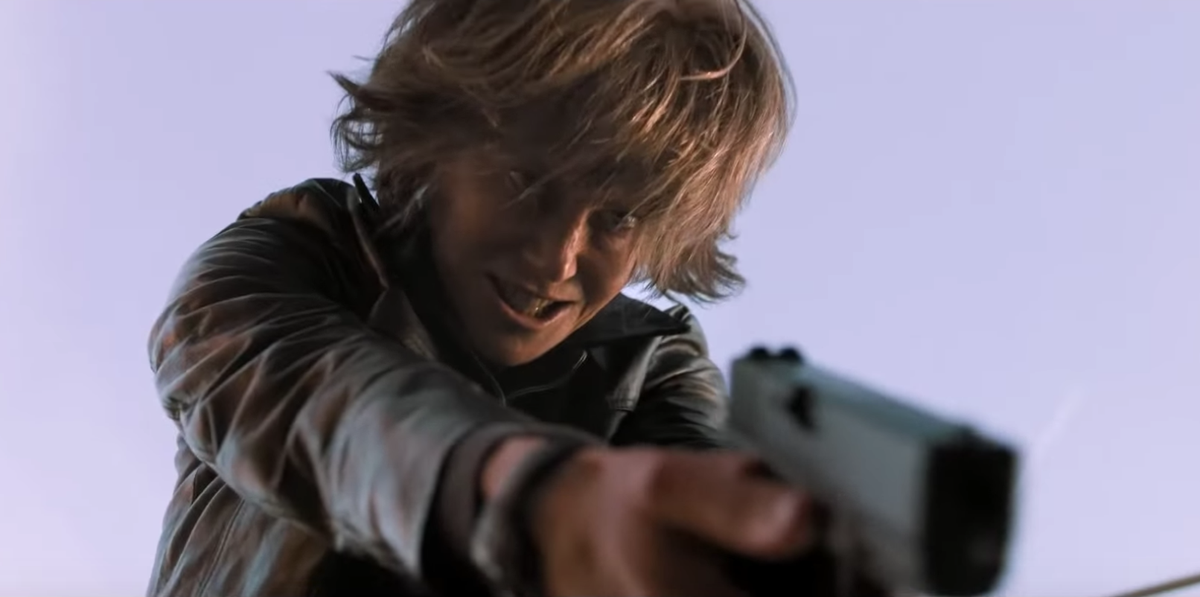The Prodigy
by Hope Madden
There is nothing especially wrong with The Prodigy, director Nicholas McCarthy’s take on the Bad Seed formula. Not much right about it, either.
Sarah (Taylor Schilling, Orange is the New Black) is starting to think there’s something wrong with her son, Miles (Jackson Robert Scott). He’s just too smart, and he doesn’t ever want to play with other kids. Plus there was that wrench bashing incident.
Luckily he speaks Hungarian in his sleep and his psychologist has a friend whose research is a little out of the ordinary…
How do we find an original take on the murderous offspring? Straight up psycho’s been done. Same with satanic possession, zombies, rabies, pet semataries…
Writer Jeff Buhler (the upcoming Pet Sematary) dreams up an adequate vehicle that allows us to watch the battle between innocence and evil rage inside Scott’s lovely, wide eyes.
Wisely, the film is a bit less concerned with who’s winning that battle than it is with the lengths a parent will go in order to save her child. It’s the slightly less traveled road, and one that Schilling journeys fairly convincingly.
Scott likewise convinces in a tough role for a child, oscillating between frightened boy and cold blooded psychopath deftly enough to leave trace of one in the other at times to keep you guessing who’s who.
It’s just so hard not to feel like you’ve seen this movie before. The dad says stick with medical science, but the mom is willing to chase these crazy spiritual theories that conveniently leapt into her lap. And, of course, there has to be a mysterious path toward fixing the problem that she stumbles upon, because cosmic evil is tidy like that.
The bigger problem is the leaden pacing and lack of action. McCarthy may be going for an atmospheric dread, but the result feels stagnant and drowsy.
Which is too bad because the movie has some redeeming qualities—a late-film performance from Brittany Allen (It Stains the Sands Red), for one. Cookie-cutter plotting and flat direction keeps it from taking advantage of solid performances, though, and leaving you wishing for something more.









